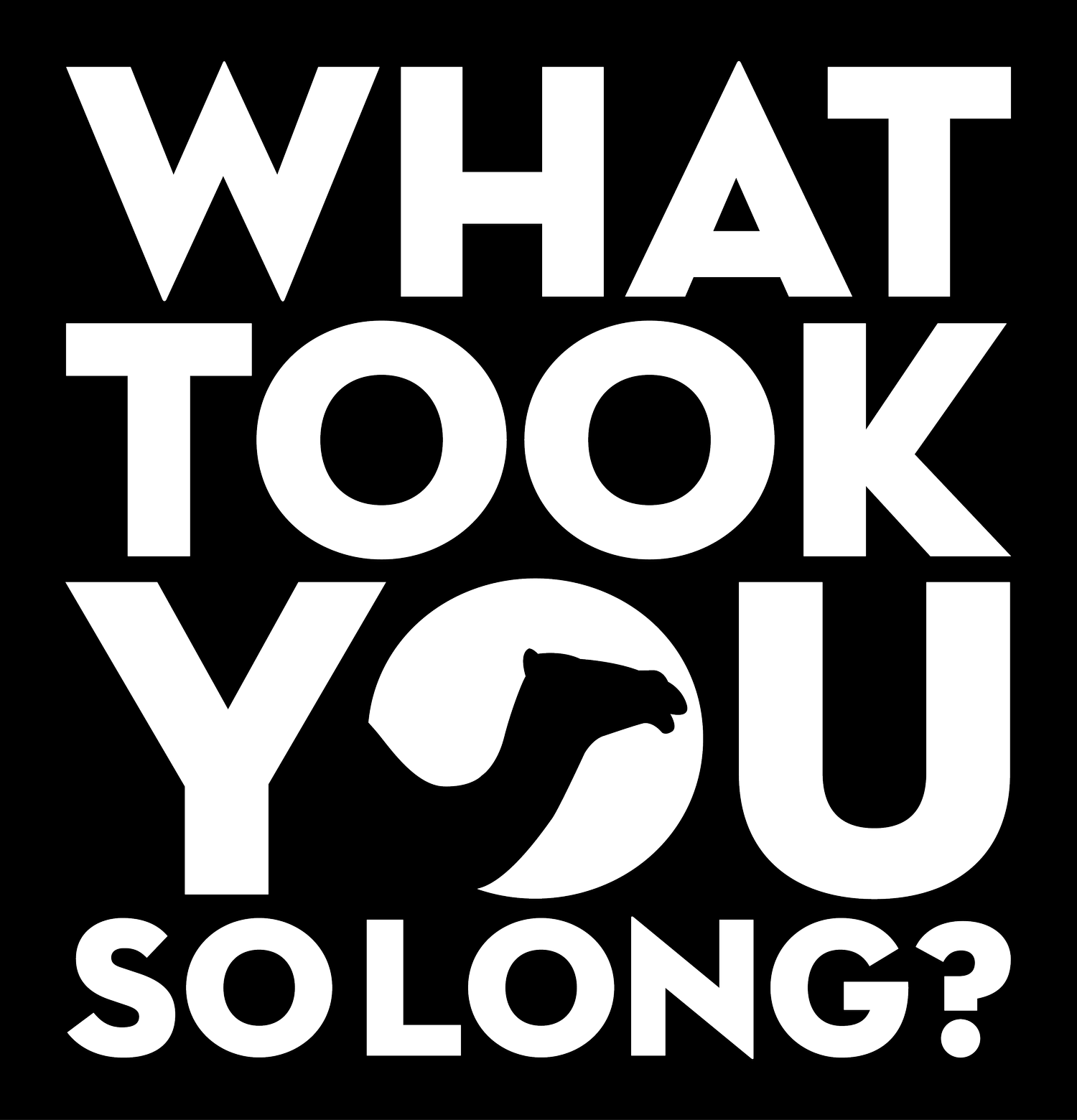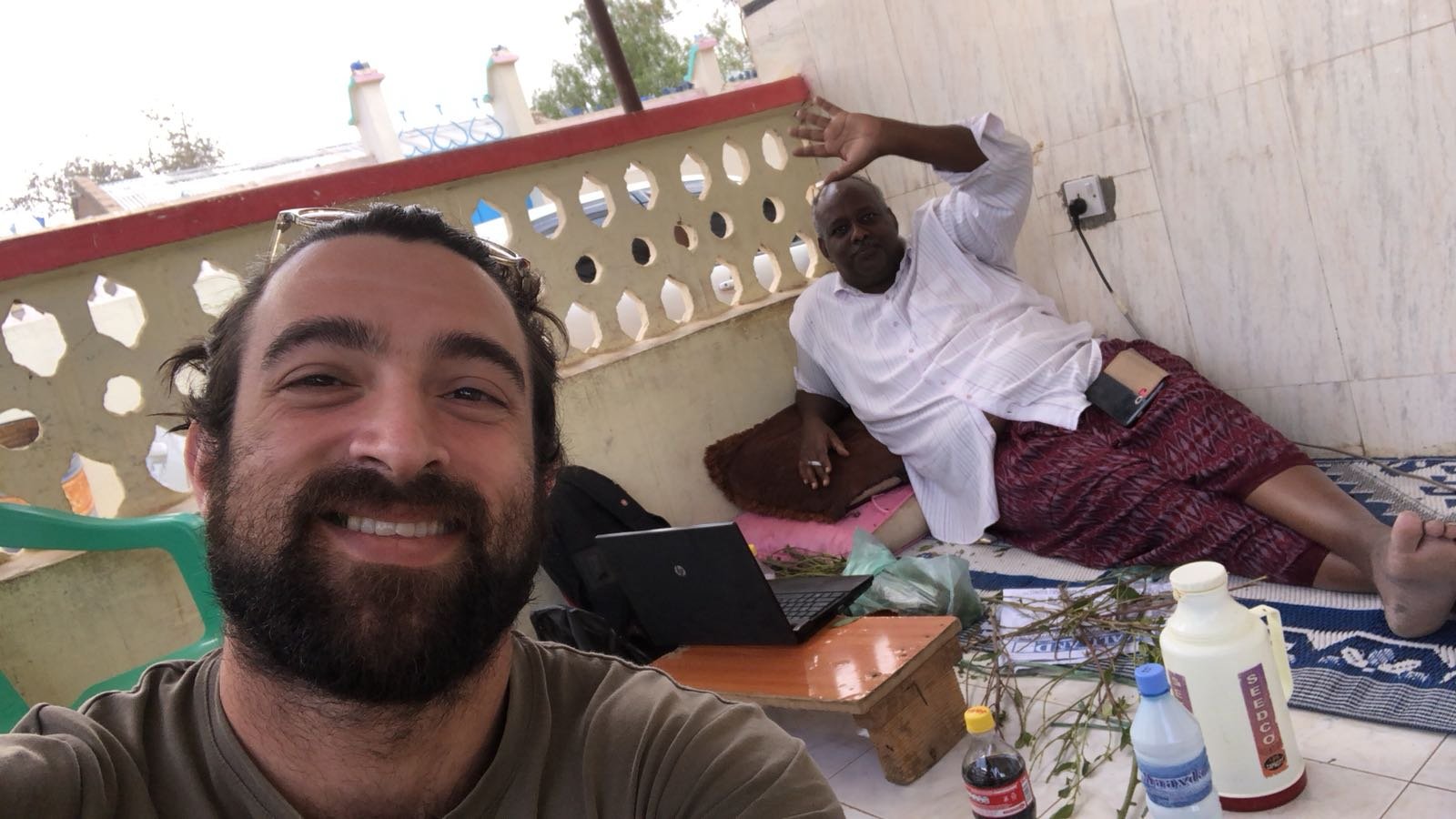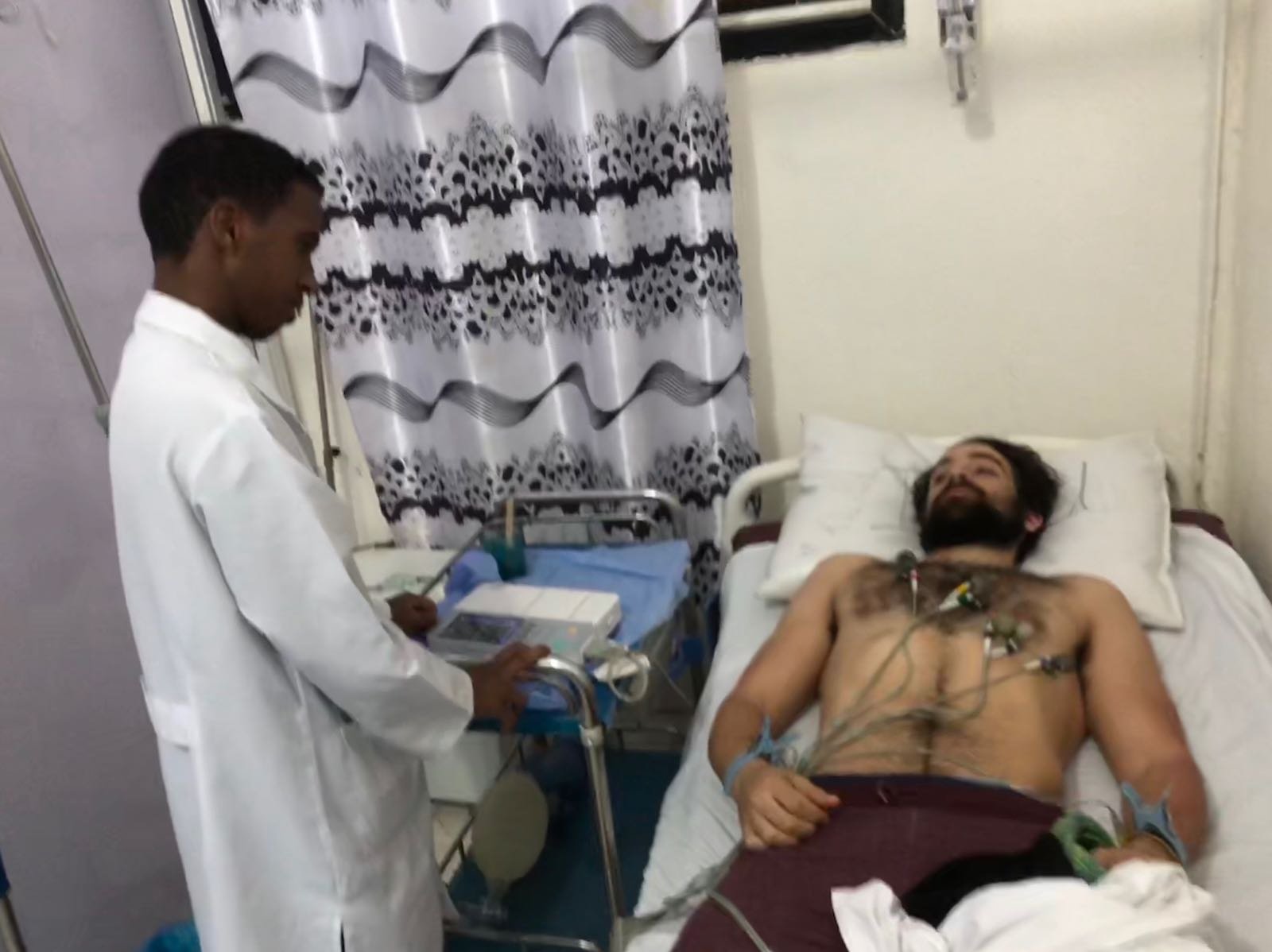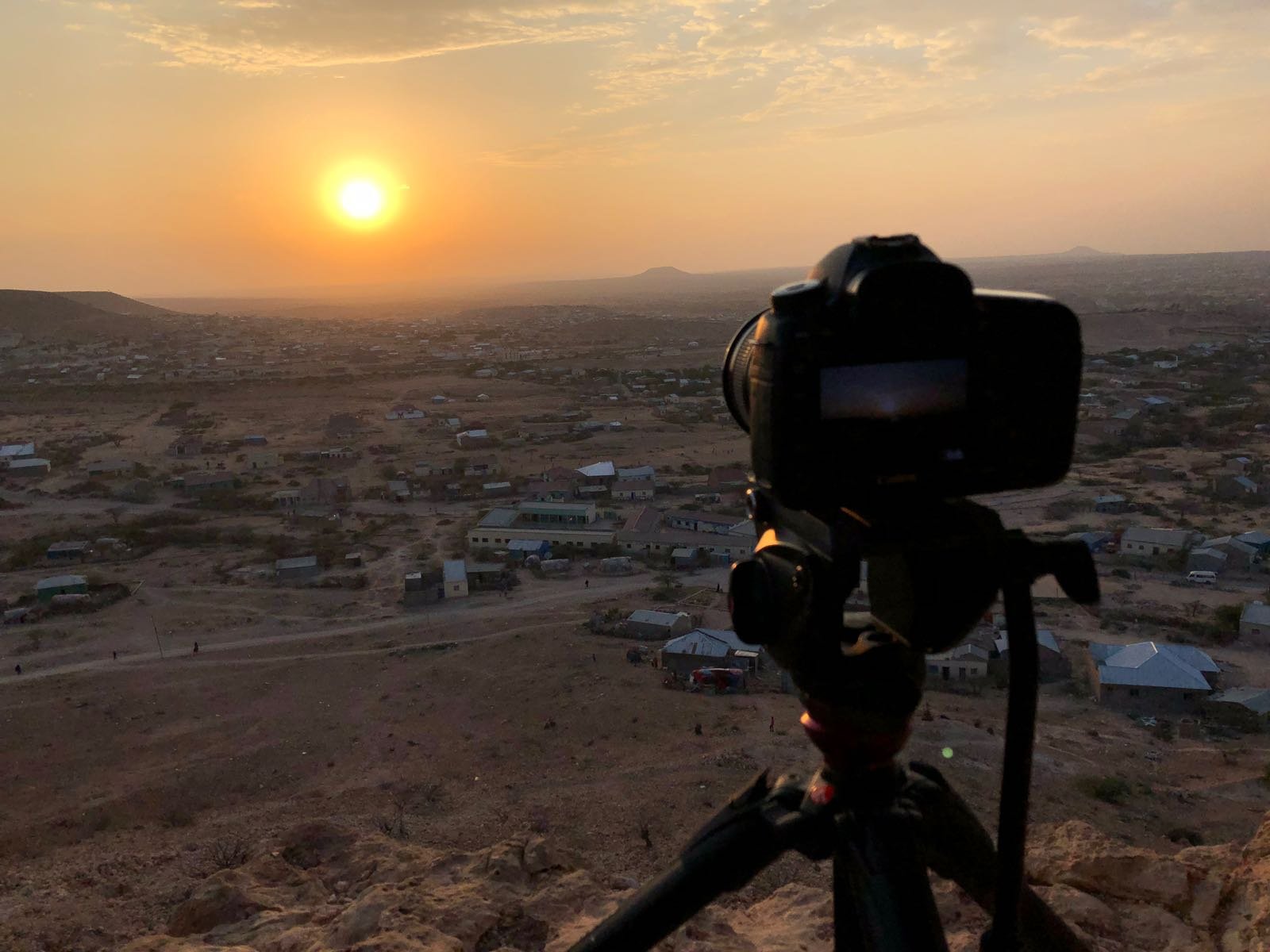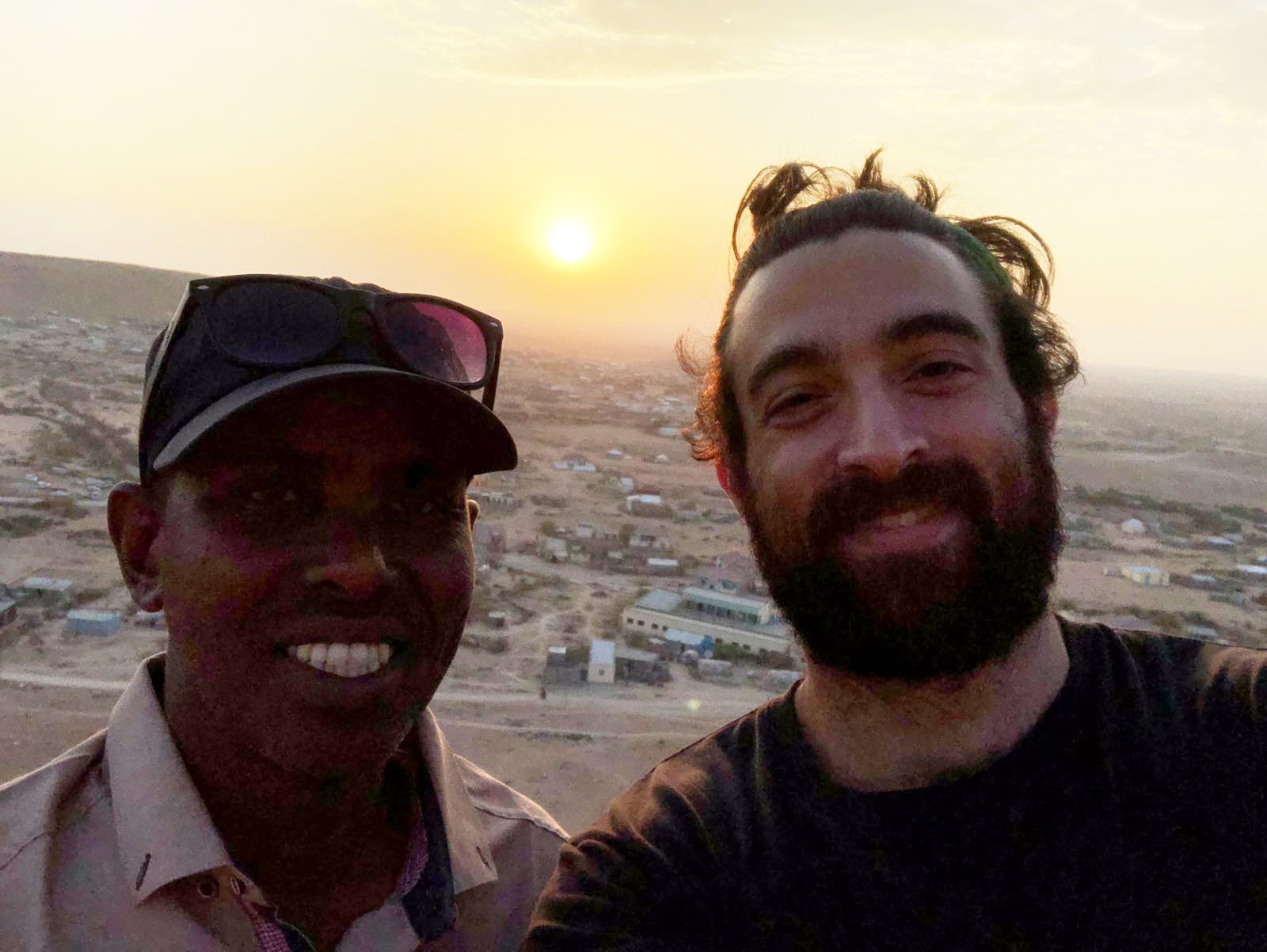Extended Family and Bad Press
The presence of What Took You So Long leaves a mark, like a clearing in the trees where the grass is still warm and flattened, their presence lingers in the air around me.
It was my first time in Somaliland, my first time meeting the Bulsho crew. They are a local production company in Hargeisa, Somaliland’s capital, that we have worked with since the beginning of WYTSL. Countless stories, long projects, a few nervous moments; the Bulsho crew and WTYSL have had a long history together. The project I was there for was with a different organization in Hargeisa, but from the start the Bulsho crew’s involvement was assumed. You wouldn’t arrive to a city and not contact your best friend, even if you weren’t specifically there to see them. Except I had never met this best friend of ours!
Abdi Hassan picks me up from the airport, his energy is bold and warm, as if he’s picking up an old friend. It took a few moments for me to adjust to the energy of Hargeisa. My only experience in Somalia has been Mogadishu, a world unto itself. Walking out of the airport, even the density of the air felt different, the energy was softer, more absentminded. No big walls, no checkpoints, just a city. To Somalilanders, Somaliland is a different country than Somalia, even though the international community doesn't recognize it as such. When you are there, the difference between the two is inescapable.
First stop was Bulsho HQ. As I exit the car, Ali waves me over, obscured behind the balcony to my right. I walk around to find him sitting on what was clearly his spot on the floor of the balcony. Like Abdi he treated me like an old friend, motioning for me to sit down in what could have been my old seat, no doubt where other whattookies had sat in years past.
Filming in Hargeisa was a breeze. I was there filming with journalists that had worked with or benefited from our client, IMS-Fojo, a Swedish based NGO that helps protect Somali journalists, supports local radio stations, and provides space for female journalists to get the proper training. Somalia attracts a lot of foreign “aid”, so its not always easy to know for sure whether or not our client is “one of the good ones” . IMS-Fojo felt right from the start. They employ Somalis to run their programs, drawing on Somali expertise instead of assuming their own.
After a few short days of filming, a masterfully cooked goat, and a long day of chewing khat, there I was, laying in a hospital bed, laughing with Abdi as the doctor tried in vain to stick jelly filled heart monitors on various places of my hair-covered chest and stomach. Somalis aren’t very hairy, and it was clear that he hadn’t had this problem before; after a while he settled hesitantly on a few positions and took the reading anyway.
The next day the fatherly Egyptian doctor told me I had extreme colitis, which was causing spasming in my lower abdomen, Ali said it was because I ate the fish. Abdi Hassan was there for it all, I would have been lost without him. He didn’t seem to have thought much about it.
Flying back to Mogadishu, I felt the familiar tightness in my spine. It is a city whose reputation precedes and grossly misrepresents it. Nevertheless, the longer I spend away, the more my personal experiences give way to the images the world builds of this place. As usual, it all falls away as soon as we landed. Faarax meets me at the airport with a smile and a one shoulder hug, I am so happy to be back. I arrive at the Peace Hotel, and begin my rounds, saying hi to everyone I haven’t seen for a year.
Brother Yusuf was out “giving someone a tour”. I had never heard it put like that, I soon found out why. Hours later, I found Yusuf speaking with a very tall older American man, who I took to be military. I sit down, and after a few minutes I learn that this guy is a self proclaimed “adventure traveler”, and has come to Mogadishu to “see the sights”. It takes only a few minutes of hearing this guy’s opinions on “what Somalia needs” before I lean to Yusuf and ask him in Arabic if he can come with me to talk about work. We escape to the roof, and catch up until dinner. I am so happy to see him.
It is important to note here that my thoughts and opinions of this place are my own, my experience and understanding of this place is limited, and my analysis of “what Somalia is” or “what Somalia needs” is not much more useful than the opinions of the adventure traveler from Colorado.
I worked with IMS-Fojo’s representative in Mogadishu, Abukar, to find the right subjects for the video, and to plan the shoots so that everyone’s comfort and security was respected. Our three subjects were journalists, Radio announcers, and finance officers from various radio/tv stations throughout Mogadishu. When we met for the pre-interview, it was clear that they knew each other. Their inside jokes and natural comfort with each other showed me how small of a world Somali media can be. Being a Somali journalist is a dangerous job. And yet, here they were, joking around and laughing as they agreed to be filmed by an American, doing a job that already put their lives at risk.
Somalia is indeed a dangerous place, but it is also a nexus of culture and expression that dates back centuries, its past glory is proven by the countless young Somalis, born after the start of the war, who have decided to stay, or even come back from their comfy western homes, to help build their country back to what it was before the world came to “help”. Somalia is changing rapidly, and when you are there you feel like you are at the center of that change. It is that energy that I feel when I arrive, it is what I miss when I leave, and it is what I lose sight of if I stay away for too long.
